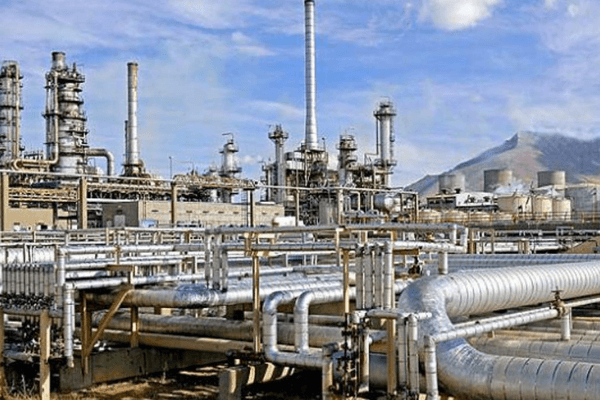Oil and gas consultant Dr. Maurice Ibe has called on the Nigerian National Petroleum Company Limited (NNPC Ltd.) to ensure that the nation’s four government-owned refineries operate at full capacity. Dr. Ibe, who is the Group Executive Chairman of Benham Group and a consultant to the Independent Petroleum Marketers Association of Nigeria (IPMAN), made this appeal during an interview in Abuja on Saturday, December 28, 2024.
Functional Refineries: Key to Affordable Petroleum Prices
Dr. Ibe stressed that without effective and fully operational refineries, Nigerians would continue to face high petroleum product prices. He specifically highlighted the Port Harcourt, Warri, and Kaduna refineries, emphasizing their critical role in reducing the country’s dependence on the privately owned Dangote Refinery.
“The Port Harcourt Refinery is operational, but it’s not producing at full capacity to significantly impact pump prices. If it were operating optimally, we would see at least 200 trucks of petroleum products dispatched daily,” he said.
Competition and Price Reduction
According to Dr. Ibe, achieving full operational capacity at government refineries would introduce much-needed competition into the oil sector, potentially driving down fuel prices across the nation.
He explained that a functional refinery must meet specific benchmarks, such as loading 200 trucks daily, each carrying 50,000 liters of fuel.
“If the Port Harcourt refinery were producing at full capacity, fuel prices in cities like Port Harcourt, Aba, Owerri, Umuahia, and Enugu would drop significantly,” he added.
Current Challenges and Recommendations
Dr. Ibe expressed concerns about the current output of the Port Harcourt Refinery, which has not exceeded 10 trucks daily since it resumed operations. He argued that even at 70% operational capacity, the refinery should dispatch at least 50 to 60 trucks daily.
“The independent petroleum marketers have more fuel stations nationwide than major marketers and NNPC Ltd. If IPMAN, whom I consult for, cannot load fuel from the refineries, there can be no nationwide impact,” he emphasized.
He also urged the government to pressure NNPC Ltd. to bring all state-owned refineries to full functionality.
Dangote Refinery and Market Dynamics
While acknowledging the efforts of the Dangote Refinery, Dr. Ibe cautioned against over-reliance on the private refinery. He noted that as a private entity, Dangote Refinery sets prices based on its production costs, which may not align with national interests.
“With the Petroleum Industry Act (PIA 2021) deregulating the sector, prices are now driven by market forces. However, to alleviate the burden on Nigerians, government refineries must operate at full capacity,” he explained.
Impact of New Ex-Depot Pricing
Dr. Ibe also commented on the recently announced ex-depot price of ₦899. He noted that while this adjustment reflects the reduced rates from two refineries, IPMAN members have yet to load products at the new prices. He assured that once marketers begin loading at the revised prices, the effects would be felt at fuel stations nationwide.
Port Harcourt Refinery Resumes Operations
The Port Harcourt Refinery, operating at 70% capacity, began dispatching petroleum products, including Premium Motor Spirit (PMS), Household Kerosene (HHK), Automotive Gas Oil (AGO), and Low Pour Fuel Oil (LPFO), on November 26. However, its current output falls short of the capacity needed to impact fuel prices significantly.
Dr. Ibe’s appeal underscores the importance of fully operational government refineries in stabilizing petroleum prices and reducing the financial burden on Nigerians. He urged NNPC Ltd. to prioritize the optimization of these refineries for the benefit of the nation.



